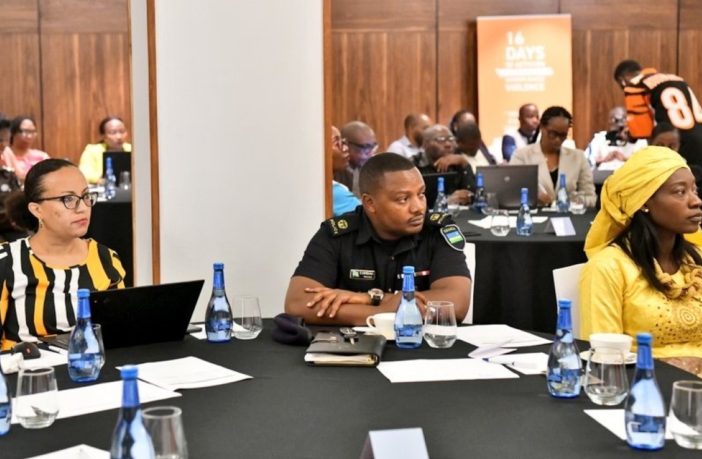Activists and champions against Gender-Based Violence (GBV) in Rwanda and other countries have recommended mechanisms for the early detection of women who are affected by violence, addressing the root causes of violence against women and girls, and ensuring access to justice, The New Times, Rwanda’s leading daily newspaper, reported on Sunday.
The reactions follow findings from a new study by the United Nations Office on Drugs and Crime (UNODC) and UN Women, which shows that, on average, more than five women or girls were killed every hour by someone in their own family in 2021.
The report informs this year’s 16 Days of Activism against Gender-Based Violence, an international campaign that kicked off on November 25.
An estimated 81,100 women and girls were killed intentionally last year as women and girls were particularly affected by gender-based violence in their own homes, according to the findings.
Of all the women and girls intentionally killed last year, some 56% or 45,000 out of 81,000 were killed by intimate partners or other family members showing that home is not a safe place for many women and girls.
Meanwhile, the report shows 11% of all male homicides are perpetrated in the private sphere.
The report stressed that although its findings on femicide were “alarmingly high,” the real figures were likely to be much higher.
Africa was the second-deadliest continent when it came to family violence against women and girls, with 17,200 recorded victims, according to the report.
The report says that this year’s figures also show that over the past decade, the overall number of female homicides has remained largely unchanged, underscoring the urgency to prevent and respond to this scourge with stronger actions.
“Even though these numbers are alarmingly high, the true scale of femicide is higher. Too many victims of femicide still go uncounted – given inconsistencies in definitions and criteria amongst countries, for roughly four in ten women and girls killed intentionally in 2021, there is not enough information to identify them as femicide, especially for those killings happening in the public sphere,” reads the report.
As for regional disparities, while femicide is a problem that concerns every single country in the world, the report shows that in absolute numbers, Asia recorded the largest number of gender-related killings in the private sphere in 2021, whereas women and girls were more at risk of being killed by their intimate partners or other family members in Africa.
In 2021, the rate of gender-related killings in the private sphere was estimated at 2.5 per 100,000 female population in Africa, compared with 1.4 in the Americas, 1.2 in Oceania, 0.8 in Asia and 0.6 in Europe.



